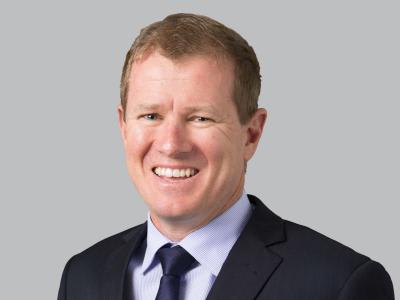Investment advice
By understanding your requirements and lifestyle goals, RSM can help recommend a investment strategy that will provide clear direction towards achieving that lifestyle.
Our investment advisors are highly skilled and experienced in selecting the right investments to help clients balance the trade off between minimising risk and maximising potential return.
Importantly, a professional investment adviser can also help reduce stress during the process and minimise some of the emotions which can lead to bad decision making.
![]()
![]()
![]()
![]()
Investment Advice by RSM Financial Services Australia
What is investing?
Investing is the active decision to purchase assets for a specific purpose. People usually invest because they want to make a return on their money and to grow their wealth.
Some investments carry a higher risk than others. Typically, the higher the risk the higher the potential level of return.
A low risk investment such as a term deposit with a bank will generally carry a low rate of return. However, your principal is typically considered quite safe and you are nearly certain the promised interest will be paid.
A higher risk investment, such as a share in a listed company, may offer a much higher average return. However, the return could be much higher or lower than the average in any given year, as the price of the company can rise or fall, as can the dividend payment.
How can RSM help with investing?
We follow a unique process designed to fully understand where you are in life, what level of risk is acceptable and how we can help you achieve your financial goals via a suitable mix of investment assets. An RSM investment advisor can help you make intelligent decisions about where, how and when to buy and sell investment assets whilst minimising the tax impact of these decisions.
Our clients vary from those just starting out through to very high net worth families, Corporate Entities and Not for Profit organisations (NFP’s). With deep expertise across the full spectrum of investment options, we offer both initial investment advice and a variety of ongoing investment management options depending on the complexity of your needs. This could mean meeting on a yearly or bi-yearly basis or keeping a proactive finger on the pulse of markets to alert you when we believe your strategy needs to be re-visited.
How do I choose the right investments?
All investments carry some uncertainty with regards to a potential rate of return. It can be hugely beneficial to work with an experienced investment advisor who understands how markets work and how specific investments behave through the economic cycle and how they impact on your personal portfolio, goals and objectives.
The split between safe, conservative investments and more volatile but higher earning assets, such as property and shares, will be the most important determinant of a portfolios return and risk in the long term.
![]()
Your portfolio could potentially include the following asset classes:
This means keeping your money in the bank – either in a general savings account or a term deposit. Not much of a return but you face little uncertainty.
A bond is essentially a loan to a public or private sector entity that promises to repay it with interest after a certain period. Usually pay superior interest to cash and term deposits.
Investment properties both listed and unlisted can offer dual returns through rental payments and a projected increase in value over the long term.
You can buy into publicly listed companies via shares. This could include strategically selecting specific companies to invest in or investing in a managed fund or exchange traded fund which is a pooled investment providing exposure across a range of companies.
Can include infrastructure, private equity, commodities, precious metals or collectibles such as artwork and antiques.
Ownership considerations can also greatly impact how fast your wealth grows because different investment vehicles have different rates of tax. Further, the underlying investments themselves have differing tax implications. For example, shares may be “franked” meaning investors need to pay tax on the dividend or “unfranked” meaning the company has already paid the tax up to the 30% rate. Other tax implications include capital gains tax, which is the tax you pay on the gains made through investing.
The foundations of a strong portfolio rely on four key ‘pillars’ or investment principles... quality, value, diversity and time.
Make sure your investment portfolio is built on solid foundations.
Talk to an RSM financial adviser.




















